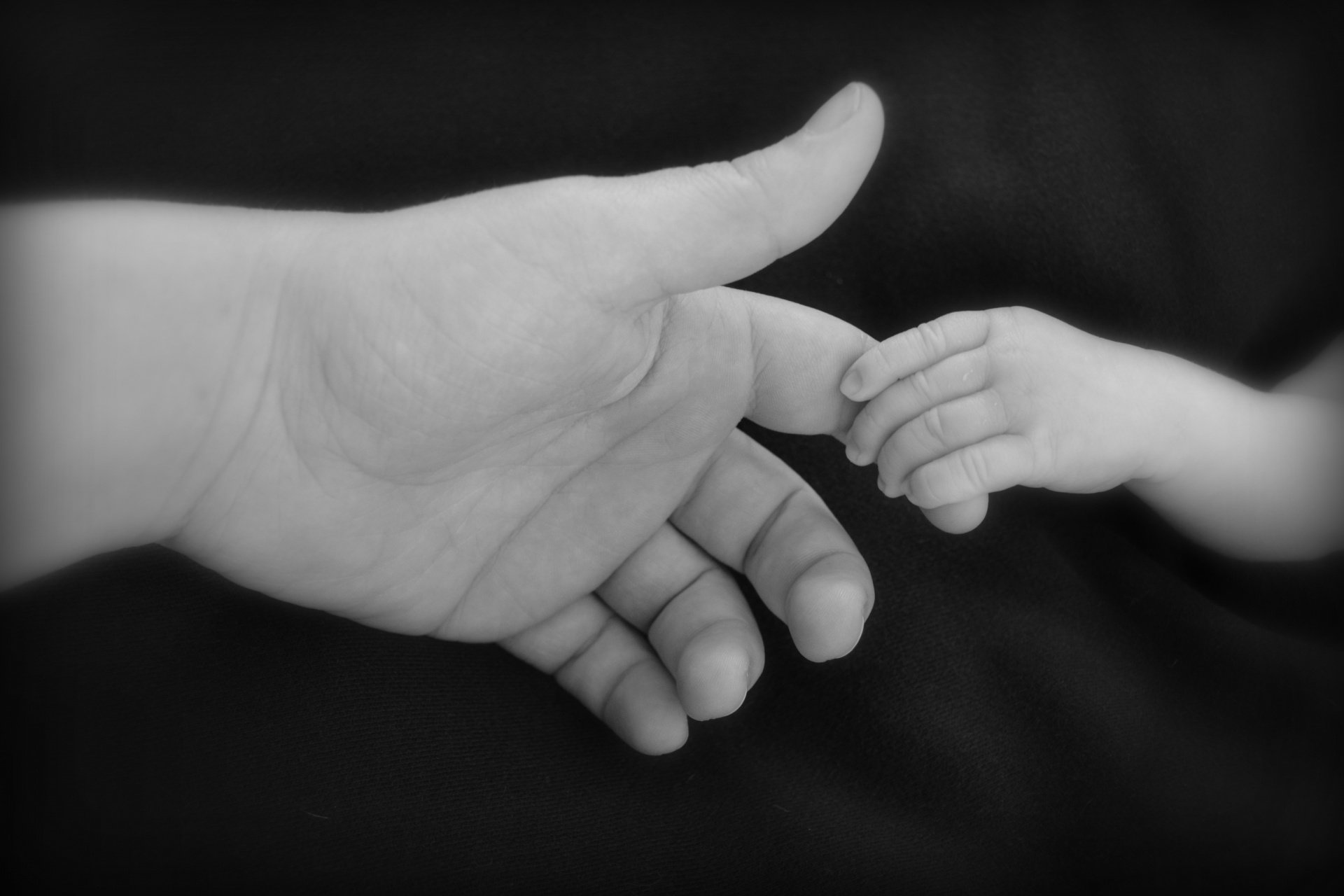My Grandfather died last October. In some sense, his death wasn’t a surprise—at almost ninety, he’d dealt with increasing health issues and not-infrequent hospital visits for years. What was surprising and traumatic was that, just earlier in the week, he’d seemed to be entering a relatively healthy period. But what started as a check-in for his heart arrythmia rapidly turned into the last news we wanted to hear: he had contracted pneumonia (which required restricting fluids) but also a blood infection (which required increasing his fluids to allow antibiotics to be effective). Two fatal conditions that were impossible to treat concurrently, and sepsis soon set in. Within hours of feeling unwell, Grandpa Tom had deteriorated until it was clear his last hours had come. I drove as fast as I could to be by his side in the hospital.
Login to read more
Sign in or create a free account to access Subscriber-only content.
Topics:
